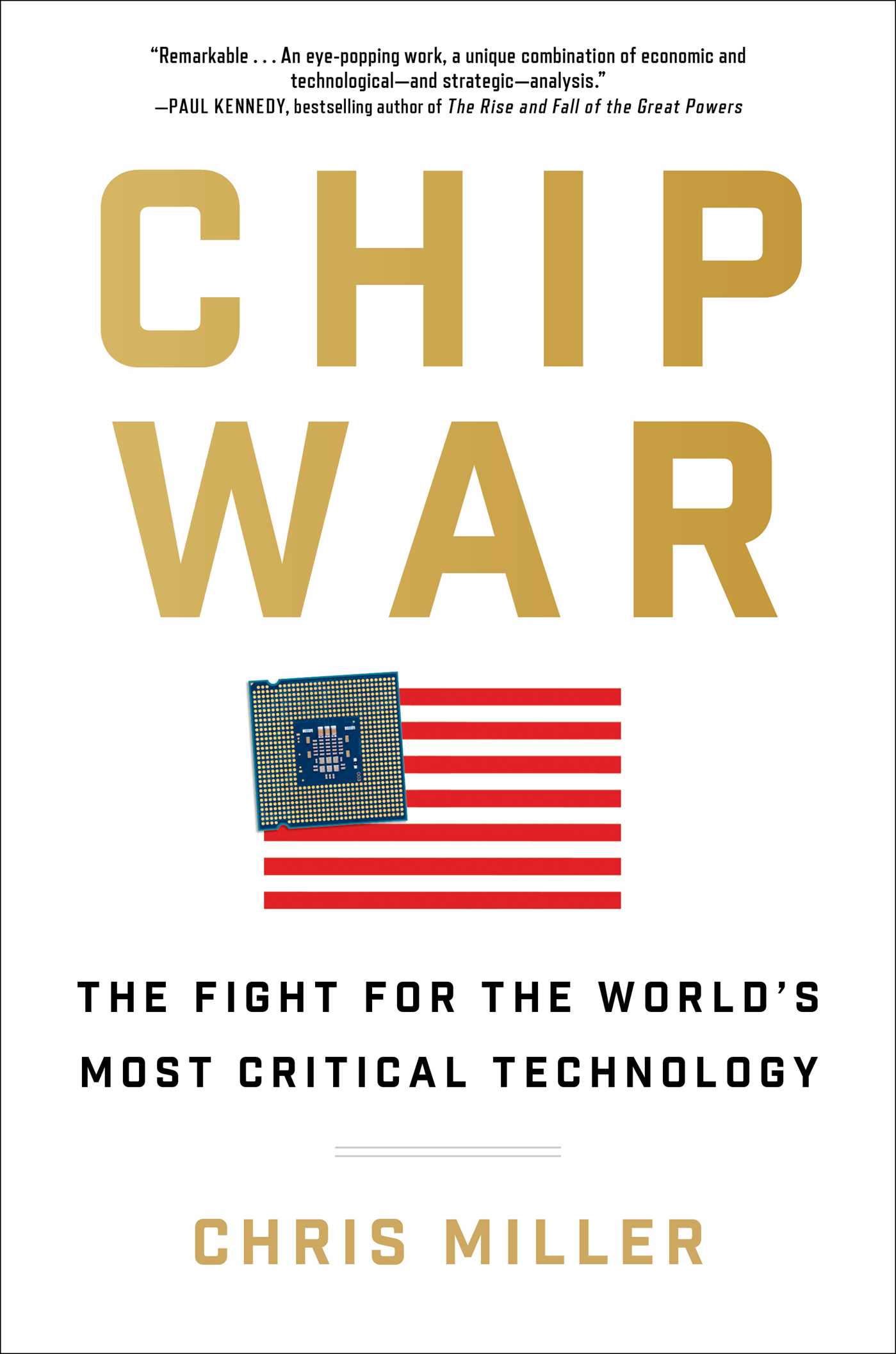The chip industry's landscape has undergone significant changes, moving away from the traditional model of integrated design and manufacturing within a single company. Foundries like TSMC have emerged, offering chip fabrication services to fabless companies that focus solely on design. This shift is driven by the increasing cost and complexity of building and operating fabs, as each generation of technological advancement requires more expensive equipment and expertise.
However, some industry veterans like Jerry Sanders, founder of AMD, remain staunch advocates of the integrated model, believing that owning fabs is essential for maintaining control and ensuring quality. He famously quipped, "Real men have fabs," reflecting a cultural attachment to the traditional way of doing things. However, the economic realities and the success of fabless companies are challenging this mindset.
Section: 6, Chapter: 35
To develop its domestic chip industry, China's taking cues from the successful strategies employed by its neighbors: Japan, Taiwan, and South Korea. These strategies include:
- Heavy government subsidies and investment
- Attracting foreign-trained scientists and engineers
- Forging partnerships with foreign firms for technology transfer
- Leveraging competition between foreign companies to secure favorable deals
Section: 7, Chapter: 42


